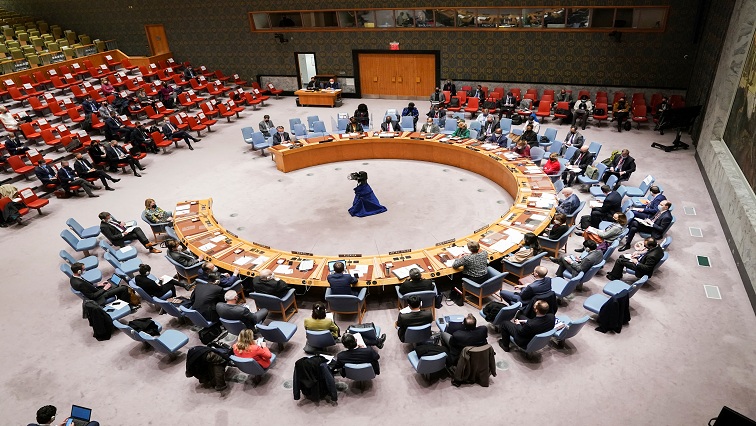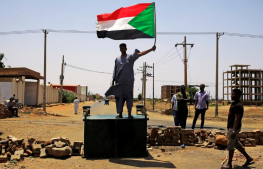The lack of unity in on certain agenda items in the United Nations Security Council has had a detrimental effect on its integrity and effectiveness.
So says South Africa’s Ambassador to the United Nations, during an annual open debate on the working methods of the body responsible for the maintenance of international peace and security.
The war in Ukraine has sharply divided the Council, while other agenda items, including situations in the Democratic People’s Republic of Korea (DPRK), Mali and the decades-long Israeli-Palestinian conflict, are increasingly defined by a lack of consensus, particularly among the permanent members who have the ability to cast vetos despite holding minority views.
The effectiveness of the Security Council is a long running debate, with intergovernmental negotiations on reform that formally started in 2009, delivering little of substance since. The Council’s configuration last changed when non-permanent seats grew from 6 to the current 10 in 1965.
South African Ambassador to the UN, Mathu Joyini says, “Geopolitical challenges amongst Council members have created a heightened level of fragmentation and placed the Council under intense scrutiny. The lack of unity on some of the agenda items discussed in the Council has had a detrimental effect on its integrity and effectiveness of its decisions especially when it fails to act in fulfillment of its mandate. This has laid bare the urgent need for the reform of the Security Council.”
Albania’s Ambassador, Ferit Hoxha, is also the chair of the informal working group on procedural questions at the Council, echoing divisions that have often limited the Council’s ability to respond to crises effectively.
“Challenging political dynamics worldwide as well as divisions within the Council have prevailed, turning division into an obstacle for action, critically affecting the Council’s ability to deliver on its responsibilities as established in the Charter of the United Nations. In 2022 and 2023, this Chamber has been a venue of old and new rifts inhibiting its action in connection with some of the world’s most pressing problems. At stake is not only the Council’s reputation but the overall reputation of the United Nations.”
The Council ‘s impact is limited when it cannot reach consensus among members, particularly among the permanent five, who have the ability to deploy their Vetoes, which Russia has done more than any other council member in the last decade, at least 25 times.
China has used its veto at least nine times while the United States has done so thrice since 2013.
France and the United Kingdom have not used the veto since 1989.
Resolutions on the DPRK, Ukraine, the Palestinian-Israeli conflict, Syria, Myanmar and Climate Security have been blocked by at least one P5 member in the last 10 years, despite broad consensus.
Ambassador Joyini adds, “The working methods of the Security Council are essential in ensuring that it is able to conduct its daily engagements in an efficient, transparent, inclusive and effective manner, particularly as its decisions have a direct bearing on the wider United Nations membership.”
While the East West divide was quick to resurface in the debate.
First UK Ambassador, Barbara Woodward says, “In attempting to defend the indefensible, Russia has increasingly used this Council as a platform for propaganda and disinformation. It has requested briefers on the basis of their willingness to defend or distract from Russian aggression. And it has allowed its narrative to seep into other important issues on the Council’s agenda.”
Russia’s Ambassador, Vasily Nebenzia rejected views offered by his Western colleagues.
“Instead of looking for solutions to complex problems, which truly does require both time and a willingness to compromise. Western states often deliberately choose the simplest path forward which provokes the use of the veto or abstentions on documents. And again, a fresh example of this is the situation with Mali sanctions, when repeated and persistent calls to the penholders to take a constructive approach and turn on their brains were simply ignored.’
With consensus hamstrung here, an international community that must increasingly look elsewhere for solutions related to the maintenance of peace and security.




